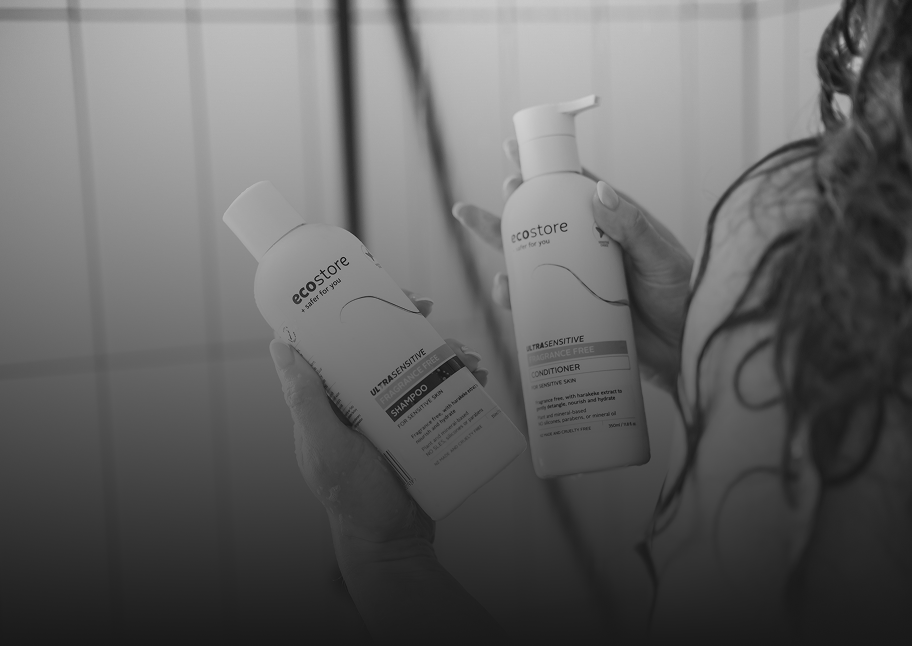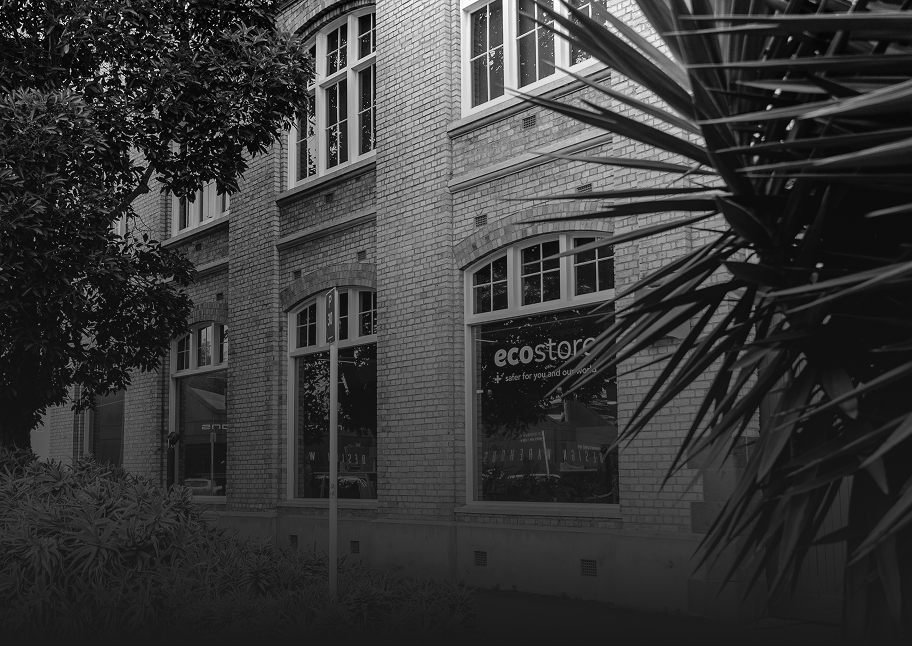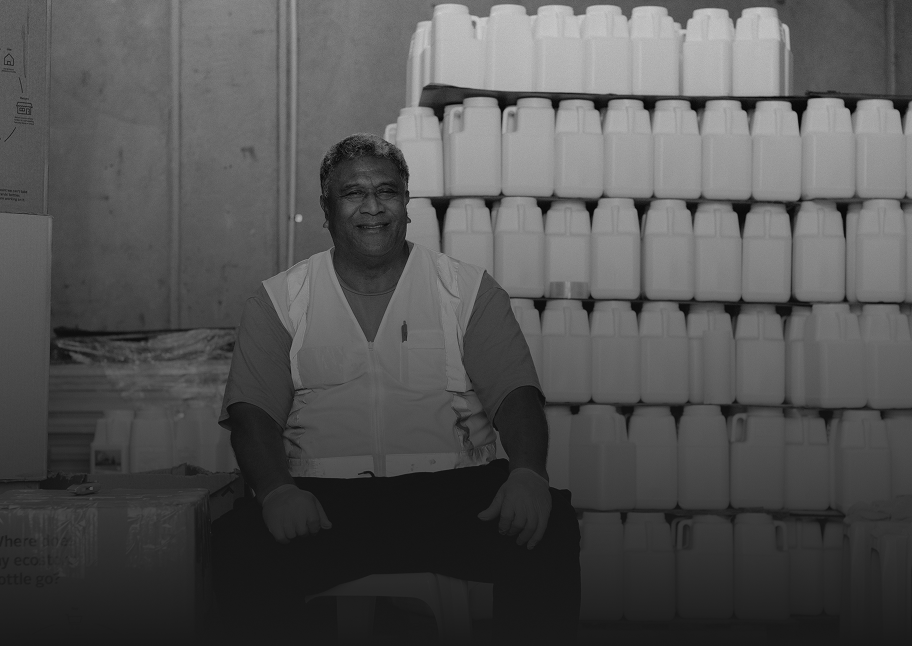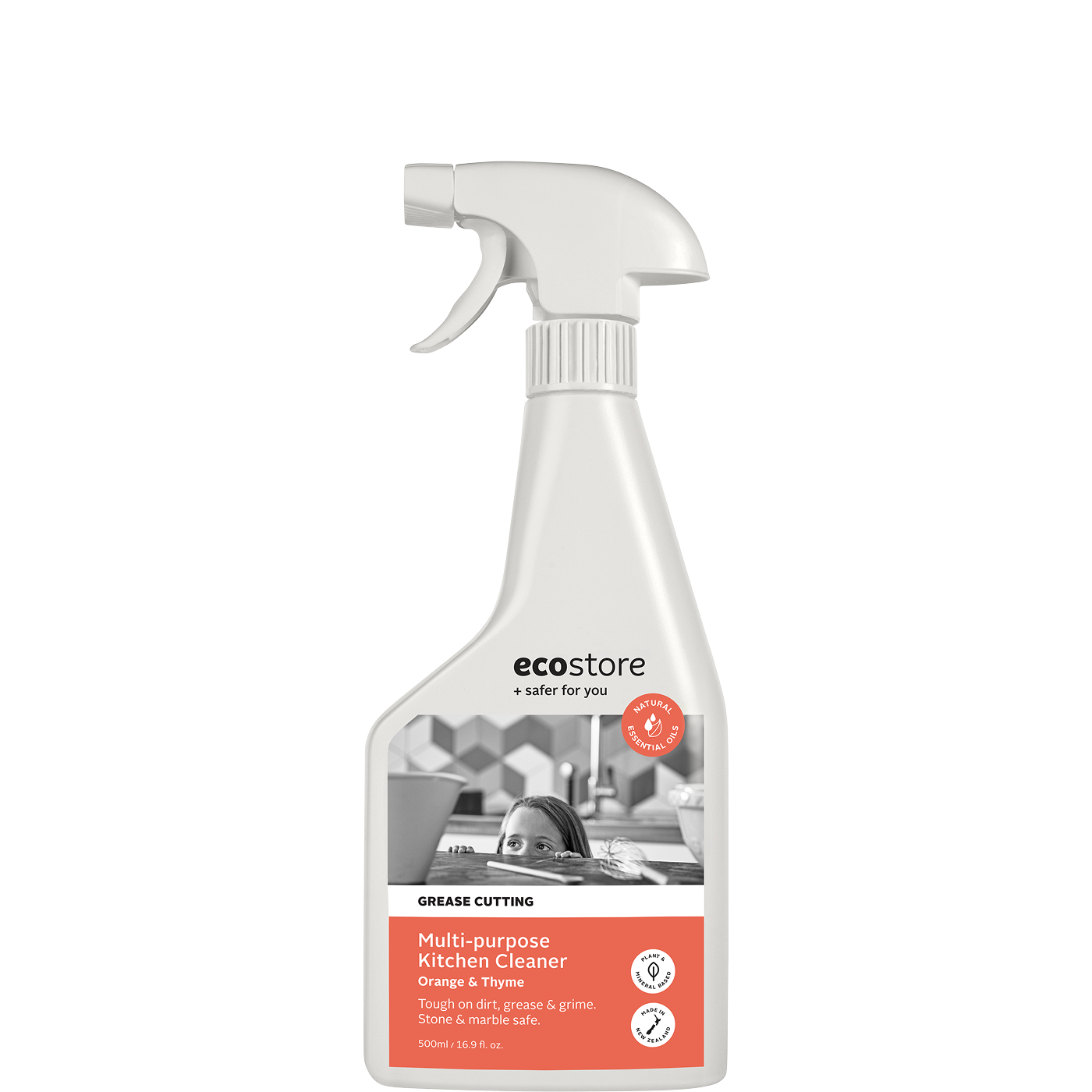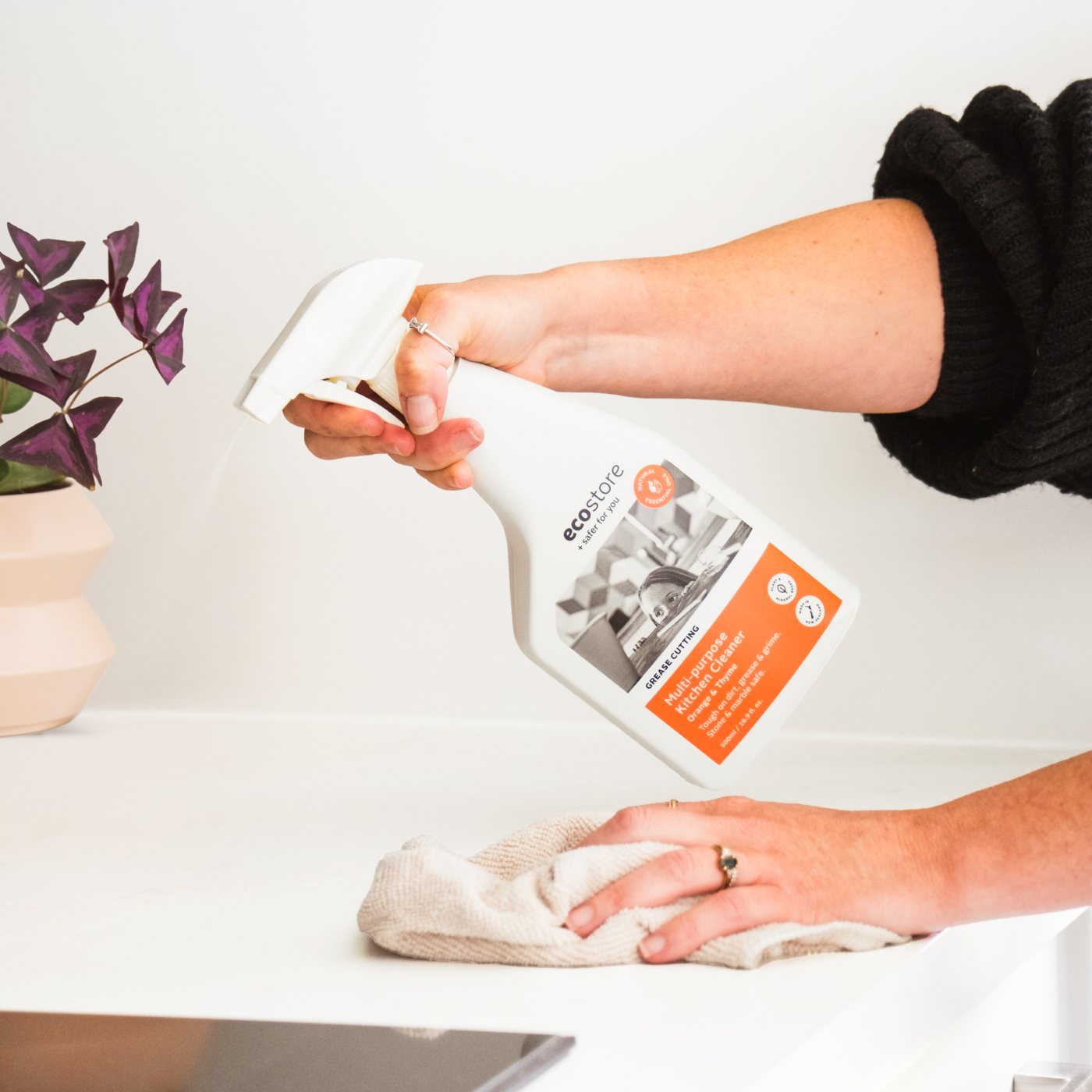Keeping your waste levels at a minimum requires a keen mind. The bad news is the ‘system' is set up to facilitate the use of single-use plastics. There's no question that plastic pollution is a huge and growing global problem, as Maria from The Society Co explains. European researchers have discovered that the Antarctic, previously considered one part of the planet to be free of the devastating corollary of our plastic addiction, is far from a plastic-free sanctuary.
These researchers found up to 40,000 fragments of plastic waste in every square kilometre of the sea. Wondering how all this plastic got there in the first place? Consider how inescapable plastic is in our society today - we eat and drink out of it, drive in it, wear it, sit on it… even ocean nets are no longer made of natural fibres like hemp and cotton. We use plastic, then dispose of it, and any bit of it that escapes the waste management system (if there is one) traverses the globe via ocean currents. It's clear something has to be done to put a halt to further plastic pollution. And the power is in our hands. We can make a difference.
Maria has these tips for reducing the amount of plastic you use:
1. Quit buying bottled drinks and using disposable coffee cups
Plastic drink bottles are among the 10 most common items of rubbish collected on Clean Up Australia Day. If you're a huge soft drink fan, consider investing in a Soda Stream or the like and make your own healthier versions. If you like your juice, save money and make your own at home using a blender or juicer - it's also a good way to use up fruit and veg scraps. Take a reusable bottle with you and fill up at public water fountains, at work or at cafes. Use a Keep Cup or the like.
2. Use cloth shopping bags
I keep two in my handbag at all times. I'm anal about it.
3. Kick the chewy habit
Few people know that chewing gum is actually plastic. One person I shared this fact with asked if they should recycle it. Giggle giggle. If you can't stand the thought of not chewing after a meal, try mastic, a Greek gum that's actually just the chewy sap of the mastic tree. Great for your teeth and breathe. You can buy it from most Greek/European delis.
4. Try not to buy food wrapped in plastic
It's tricky but possible. Buying staples like flour, nuts and beans etc from a bulk-goods store means you can take your own bags to fill. And buying your fruit and veg from a farmers' market generally means you can avoid silly things like green beans arranged on a plastic tray wrapped in plastic.
5. Recycle right
Some councils accept plastic bottle tops, others don't. Make sure you're doing it right by reading your council's guidelines here.
6. Take 3 at the beach, the park, wherever
Read my interview with Tim Silverwood, founder of Take 3 and Give a Fork! Ambassador about the devastating effects of plastic pollution and how we can make a difference by picking up even just a few bits of rubbish when we see it.
7. Choose products in glass or paper rather than plastic containers
Choose powder detergents in recycled carton boxes rather than liquid detergents in bottles. Buy bars of soap lose or in boxes rather than liquid soaps in plastic bottles.
8. Buy (recycled) toilet paper that's wrapped in paper, not plastic
Who Gives a Crap ticks the box and is a social enterprise with a good cause to boot. Planet Ark's Safe brand is also a good choice and is available in most stores.
9. Just say no to those little plastic soy sauce fish things
Use the in-store soy sauce bottles instead.
10. Bring your own takeaway container
Cafe owners are actually most obliging! Take your own to the butcher, fish monger and deli too.
11. Say no to plastic bags in shops
The sales assistant will insist you take one - as if you couldn't possibly manage without - but you must persist. You must. Keep a cloth bag in your carry bag and use that instead.
12. Cloth nappies. There. We said it.
Each year 800 million disposable nappies are dumped in landfill in Australia, comprising an estimated 5% of landfill content. Disposable nappies are thought to take around 500 years to break down. Even using so-called “biodegradable” nappies is questionable - landfill facilities don't currently provide the right composting conditions for them to break down properly. Nappies have come a long way since the days of terry towelling squares and safety pins. Modern Cloth Nappies are easy to use, cute, save you thousands of dollars and also save the planet. If you're unsure, you can always sign up to a nappy library to test it out and find the nappy that best suits your child.
13. Poo-poo pod coffee
Simply put, coffee pods are the new bottled water. Actually, one could argue that they're worse, seeing as they aren't suitable for the home recycling bin.
14. Birthday-suit your bin
A wonderful Sustainable Table reader contacted us with this marvellous tip, which I myself have implemented for the past year and simply forgot to mention! Good job Katherine! If you are composting your food scraps and recycling your containers and packaging, you really shouldn't be ending up with juicy waste in your ‘landfill' bin…. true? True! So why line it with a plastic bag? Simply leave your bin naked and if it does get a little dirty, give it a quick rinse and you're done. If every household in Australia did this, we'd save millions of plastic bin liners (or supermarket bags) from going to landfill every year. Got any other nifty ways you reduce the use of plastic in your life? Care to share?
Read more

Welcome to our latest interview series, where we hear from some of Australia's most inspiring wellness personalities to learn more about them and their top tips for living well. We caught up with ...

Are you renovating your home or embarking on a new build? Ecobob has some tips for making more environmentally conscious decisions about the materials you choose, from flooring to lights. An eco-fr...

